Consumption / Articles
Reducing water consumption: 4 key trends to keep results flowing
5G, Artificial Intelligence, Industry 4.0 and more. Technology is helping companies around the world reduce water consumption. These are the 4 major trends for the coming years.
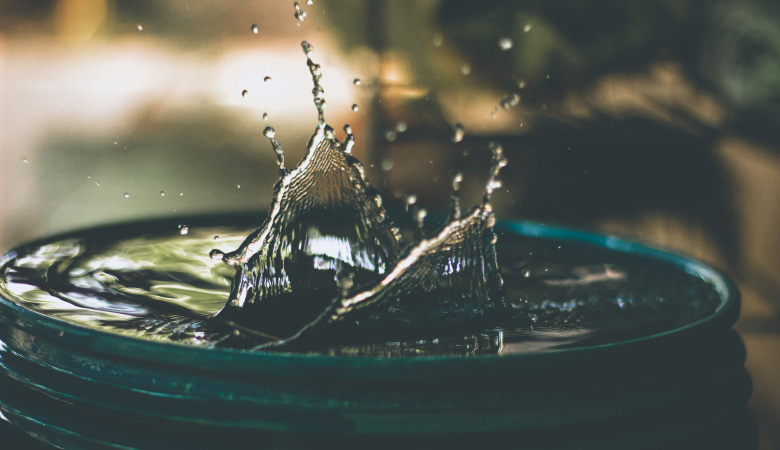
 7 minutes of reading
7 minutes of reading
2022-05-19 15:01:15
Climate change and water scarcity, which already affects 40% of the world’s population, are challenges that need to be addressed urgently. The answer depends largely on business decisions – globally, industrial consumption is twice that of households. Besides reducing consumption, organizations can also reduce wastewater discharges and their pollutant load, and minimize energy consumption, with a direct impact on results.
In the coming years, changes in water management will transform the current paradigm of consumption. These are the top 4 trends to watch for.
1. 5G will help reduce water consumption
5G is already making its mark in many areas – from telecommunications to water consumption. With low latency and the ability to connect millions of devices in a small area, managers have at their disposal a significant amount of real-time data they can leverage to make better decisions. In the coming years, more and more companies will control critical equipment with high consumption and adjust production parameters remotely.
This is the key principle behind the operation of the Multiwasher, our state-of-the-art industrial washing equipment. The main washing parameters — duration, temperature, pressure and amount of detergent — are adjusted according to each cycle’s load, in order to reduce water consumption. This saves around 70% of water, compared to traditional washing equipment. Given that washing is one of the most water-consuming processes in most industries, the impact on results is notorious.
There is another area where 5G will be key: the introduction of new leak-detection methods, which reduce water losses. This innovation will have an enormous impact both inside and outside companies. According to the Danish Ministry of the Environment, between 30% and 60% of drinking and treated water is wasted on route from treatment stations to the point of consumption.
Rapid data collection creates more independent and sustainable processes. 5G is not just another new generation of communication – it opens up radically new opportunities to reduce water consumption.
2. Artificial Intelligence and Machine Learning are key water saving enablers
In the coming years, Artificial Intelligence will play an essential role in more sustainable management of water resources. More precisely, Machine Learning (ML) has enormous potential in the industry. One of its key advantages is that ML automates processes that are expensive to manage manually.
These technologies are important because it is not enough to have the right data at the right time: it is necessary to interpret information, identify patterns and react in a timely fashion. If 5G provides a constant stream of data, it is AI and Machine Learning that turn this sea of inputs into concrete actions that can reduce consumption.
More than recording data, AI can centralise water consumption through platforms capable of monitoring and reporting key variables in real time. Doing so will be automate simple decisions and enable managers to prevent incidents.
On the other hand, AI is enabling voice and vision recognition systems, and even the creation of a new generation of robots, which will make processes more automatic, efficient and error-proof.
3. Industry 4.0 is leaning towards water efficiency
Industry 4.0 and Internet-of-Things are much more than mere buzzwords. Intelligent machines, developed specifically for excellent water performance, are more efficient from the outset than traditional models aimed solely at maximizing output. But the primary advantage lies in its potential to continue to increase efficiency, long after commissioning. Equipped with advanced sensors and connected to other devices, Industry 4.0 powered connectivity allows companies to optimize water consumption permanently and across the entire organization.
At Somengil, our machines constantly collect data from each wash cycle to enable the management team to optimize productivity. But we know equipment is not enough – it requires a thorough training campaign to ensure operators optimise water use.
4. Water reusage in production processes will become the norm
Industry puts more pressure on water resources for its wastewater discharges than water consumption. Most companies generate polluting waste as by-products of their production activities, such as pathogens, metals, organic and inorganic chemicals and oil sediments.
Besides possible contamination, this waste can also change the water temperature, with serious consequences. A variation of just one degree in temperature can trigger changes in the biology of aquatic organisms, with an impact on their metabolism and growth. As the water temperature increases, the extra amount of oxygen further harms the ecosystem.
One of the simplest solutions to this problem is to measure the water quality requirements for each activity. Instead of assuming that all processes require drinking water, investigate the actual quality of the water required for each task and the possibility of reusing this resource in different areas of the company. For example, a polishing machine will have a water requirement with a certain level of particles. If a treatment tank is installed, it might reuse its own water repeatedly.
MultiWasher has the latest water recycling and filtration technology. This way, it is possible to perform multiple washes with the same water, without compromising the quality of the final output.
In any business or industry, efficiency is a priority. In the food industry, where water consumption weighs heavily in total operating costs, saving water is one of the most direct ways to achieve this. This should be a key mission for all employees and processes, such as industrial washing.
MultiWasher is the industrial washing machine developed to establish new efficiency standards. This machine saves 2/3 of the water, 70% of the detergent, has a smart energy consumption and still saves space with its elegant design. Explore all the benefits in a custom webinar or get in touch with our team.
You may also like
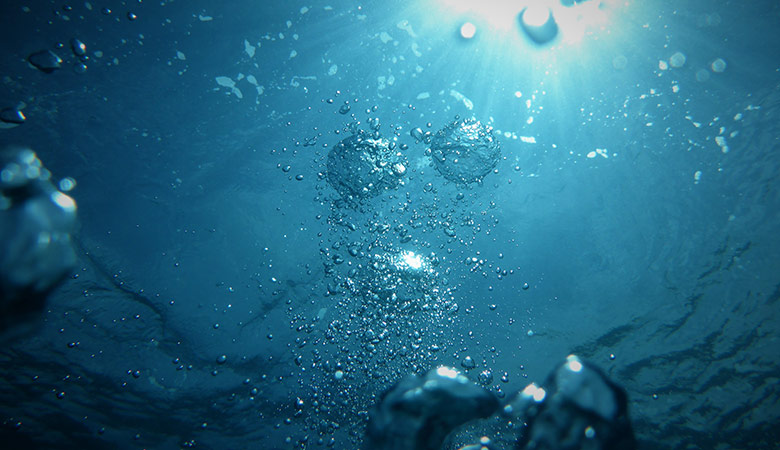
Consumption / Articles
Today is World Water Day!
This 22nd of March marks yet another World Water Day. Join us as we celebrate this very special occasion with a few practical measures that every...
Posted in 2022-03-22

Consumption / Articles
Reducing water consumption: 4 key trends to keep results flowing
5G, Artificial Intelligence, Industry 4.0 and more. Technology is helping companies around the world reduce water consumption. These are the 4 ma...
Posted in 2022-05-19

Consumption / Articles
What are foodborne diseases and how to prevent them?
Foodborne diseases are re-emerging as an enemy of public health. But companies can help prevent them. This is how.
Posted in 2022-01-20
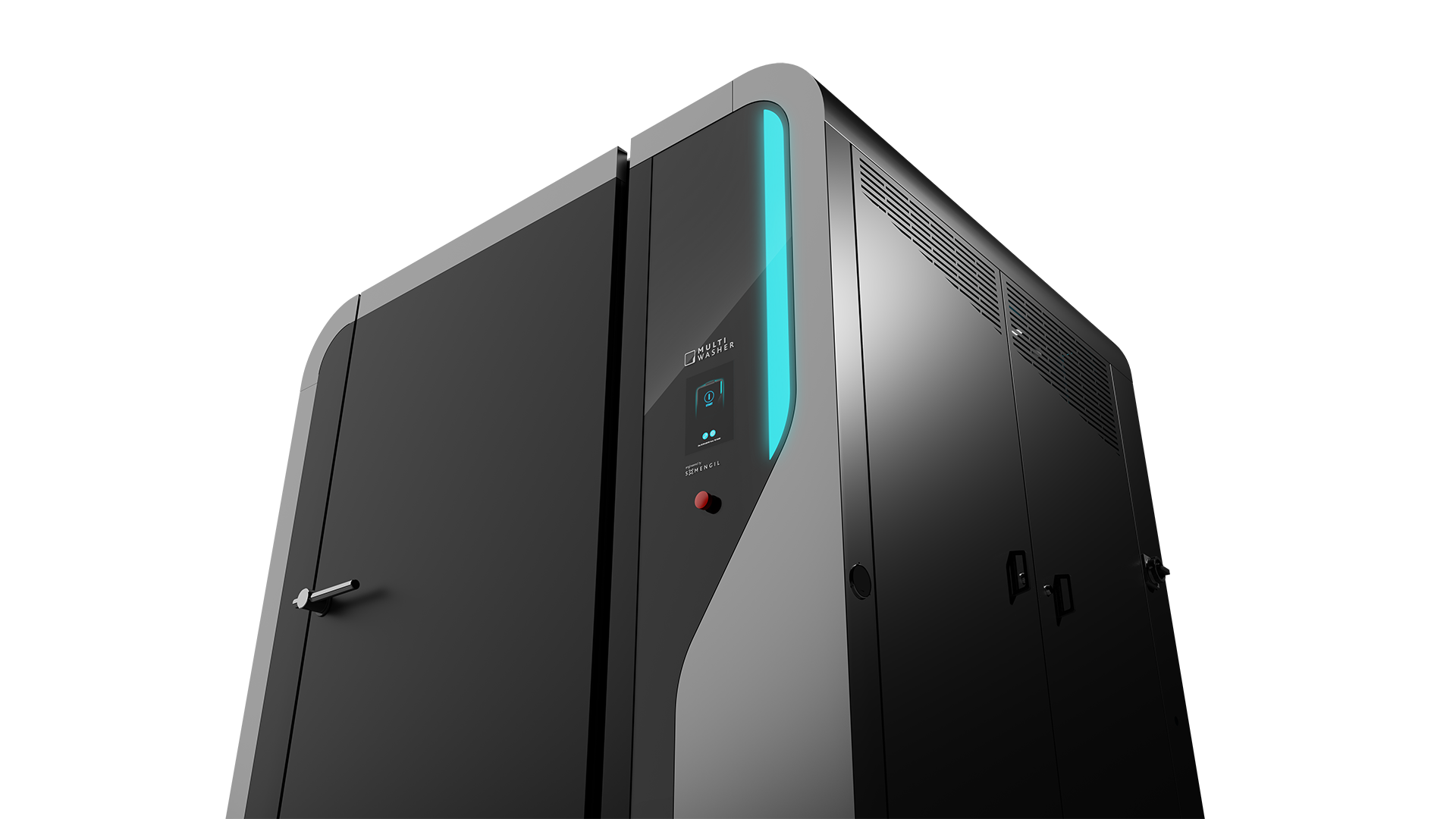
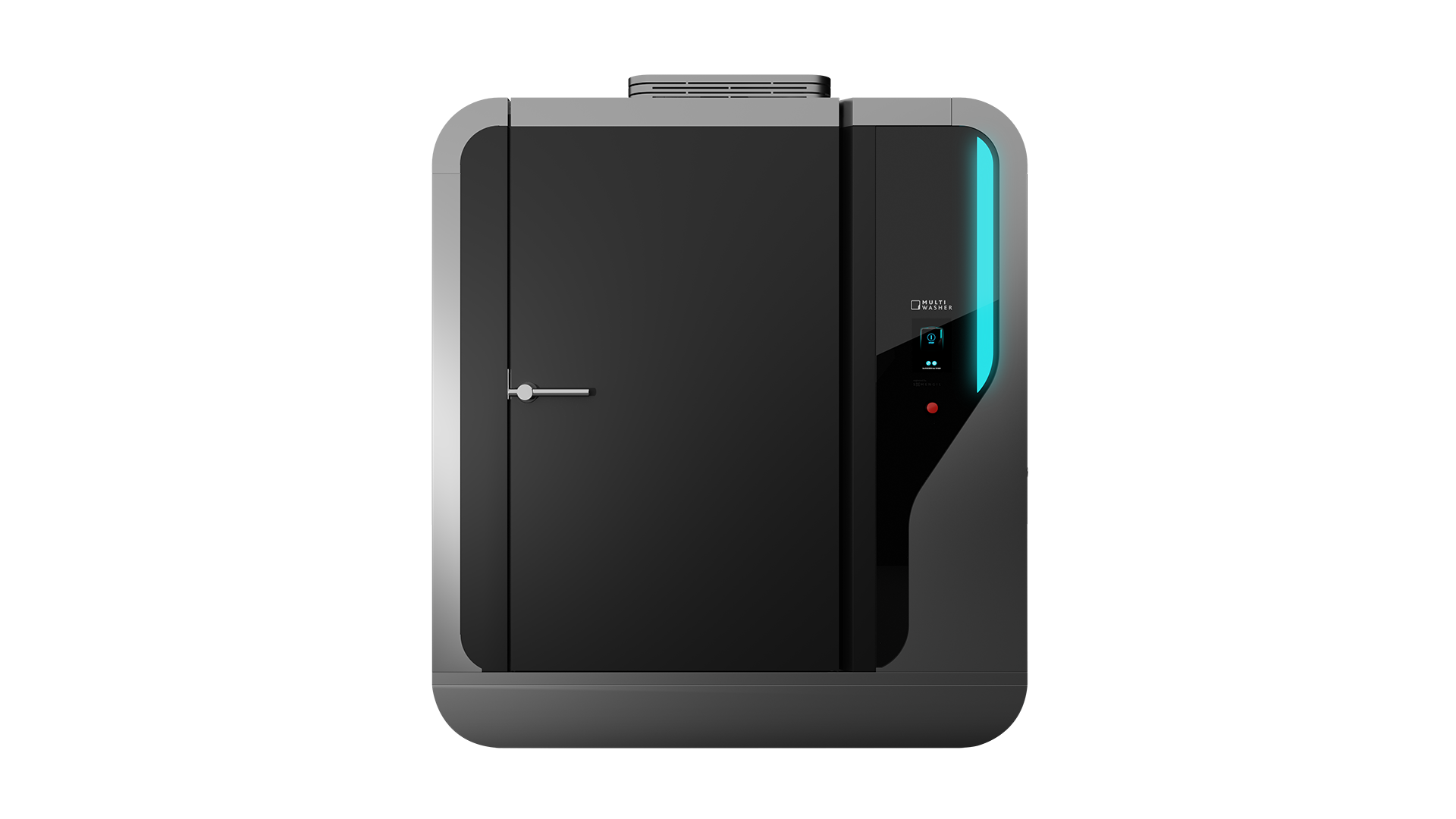
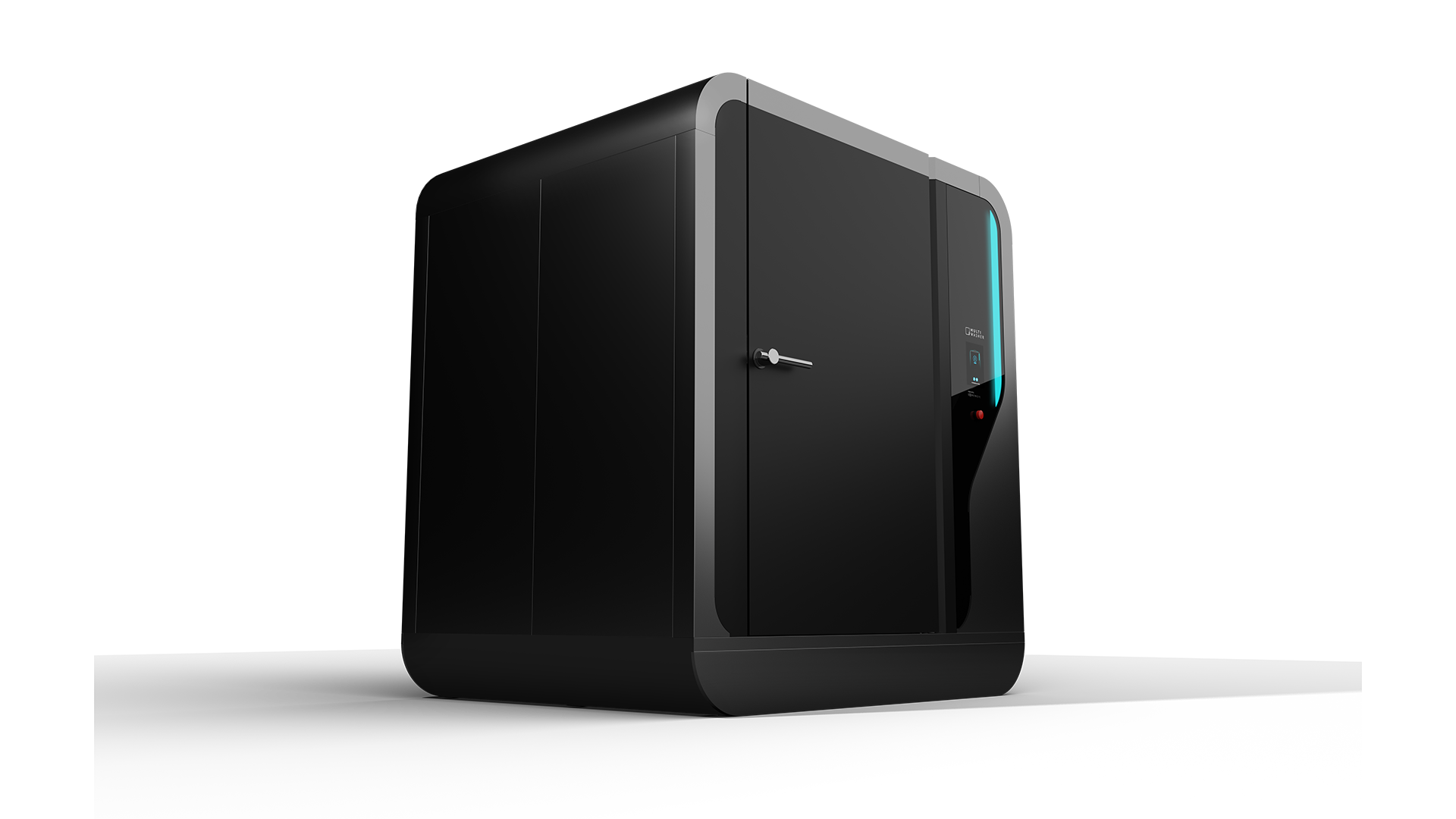
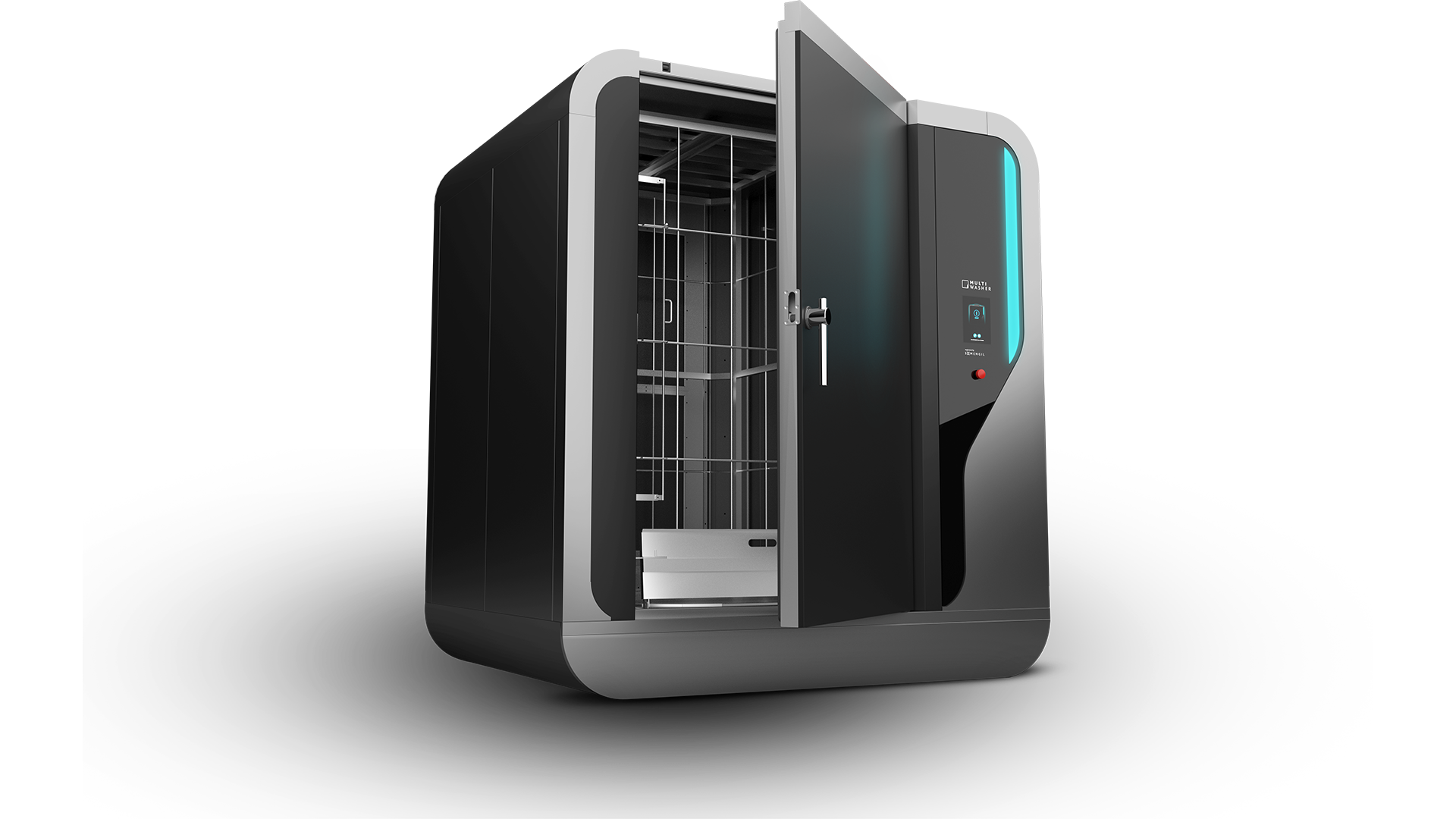
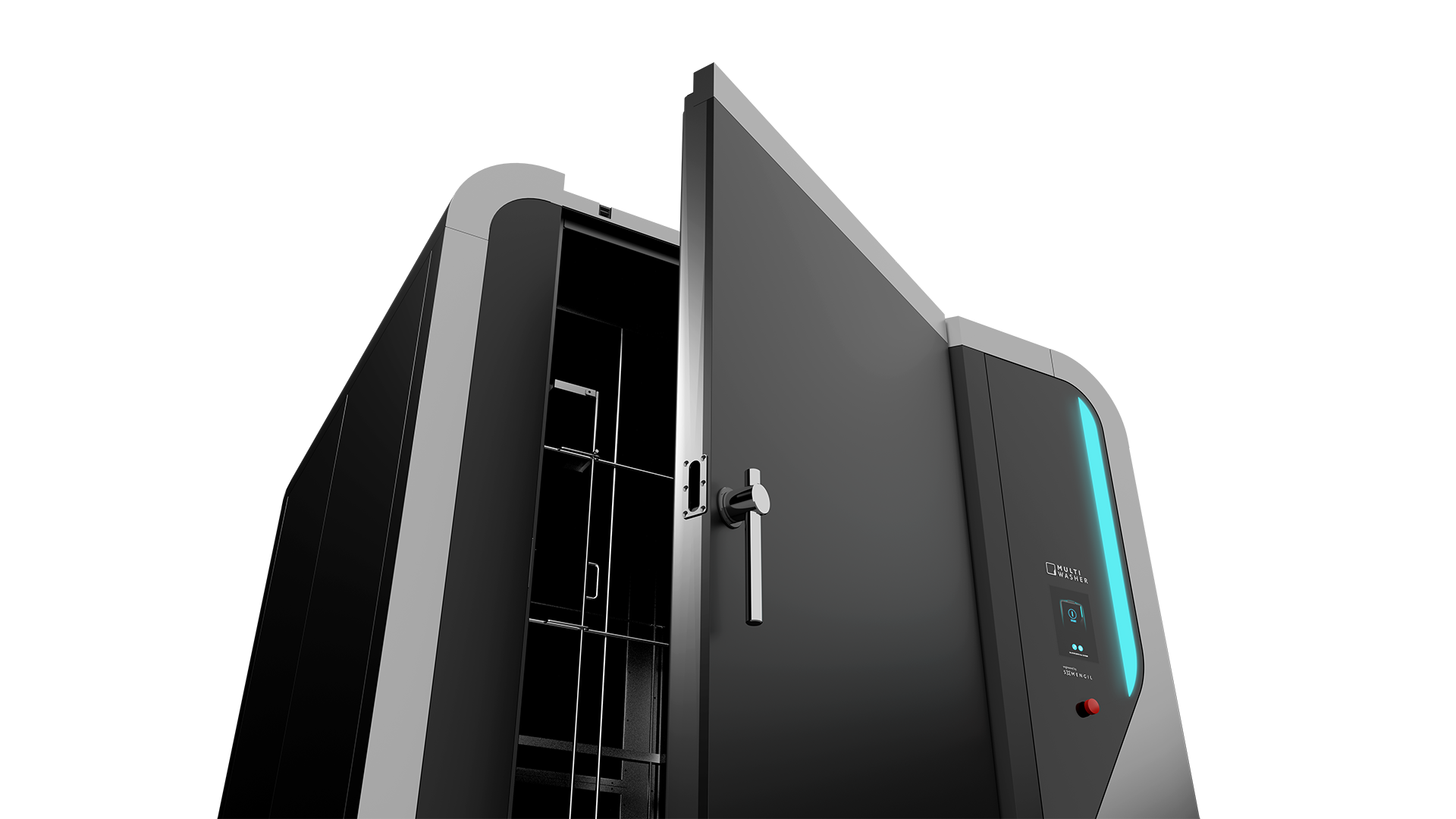
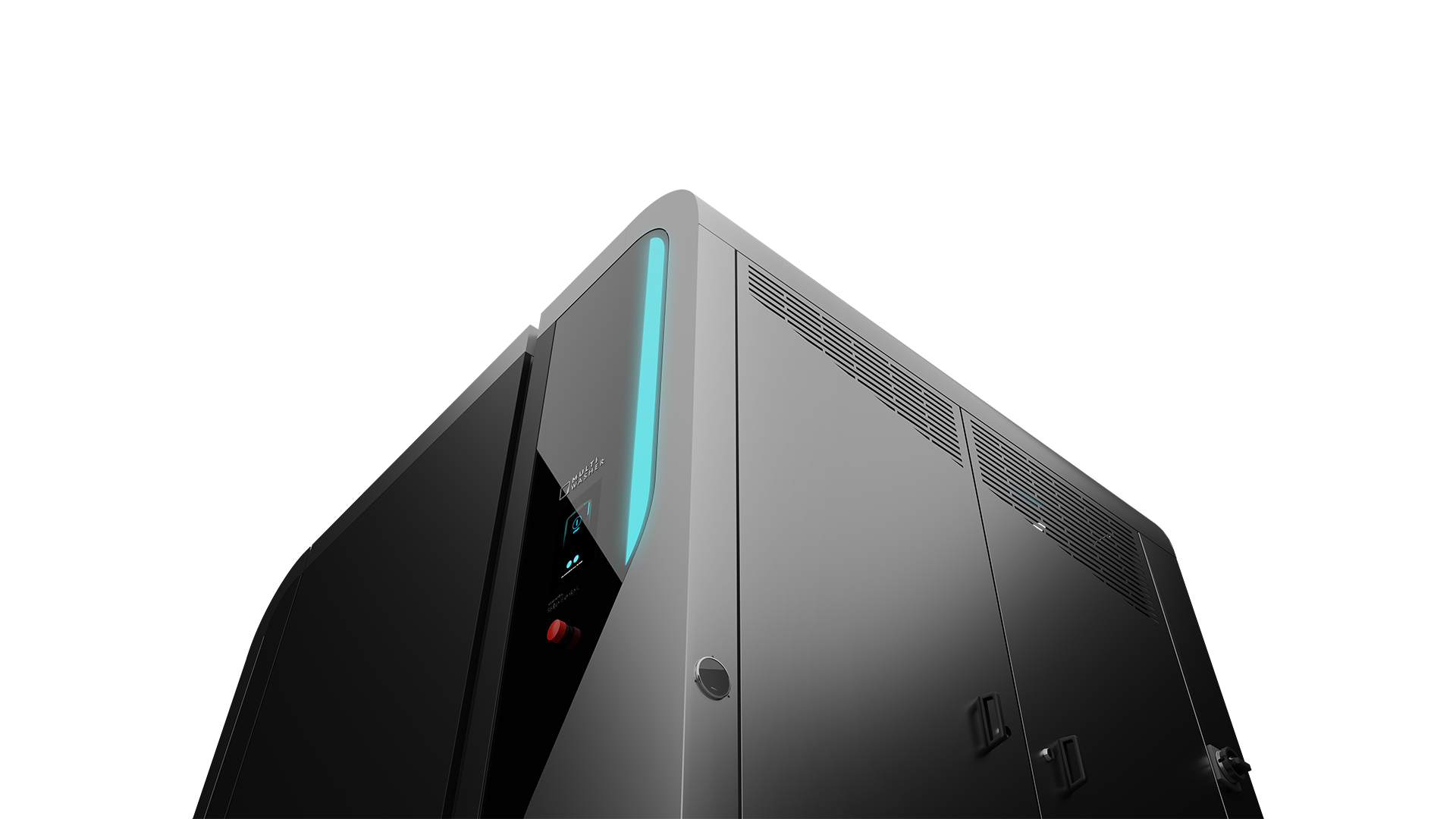
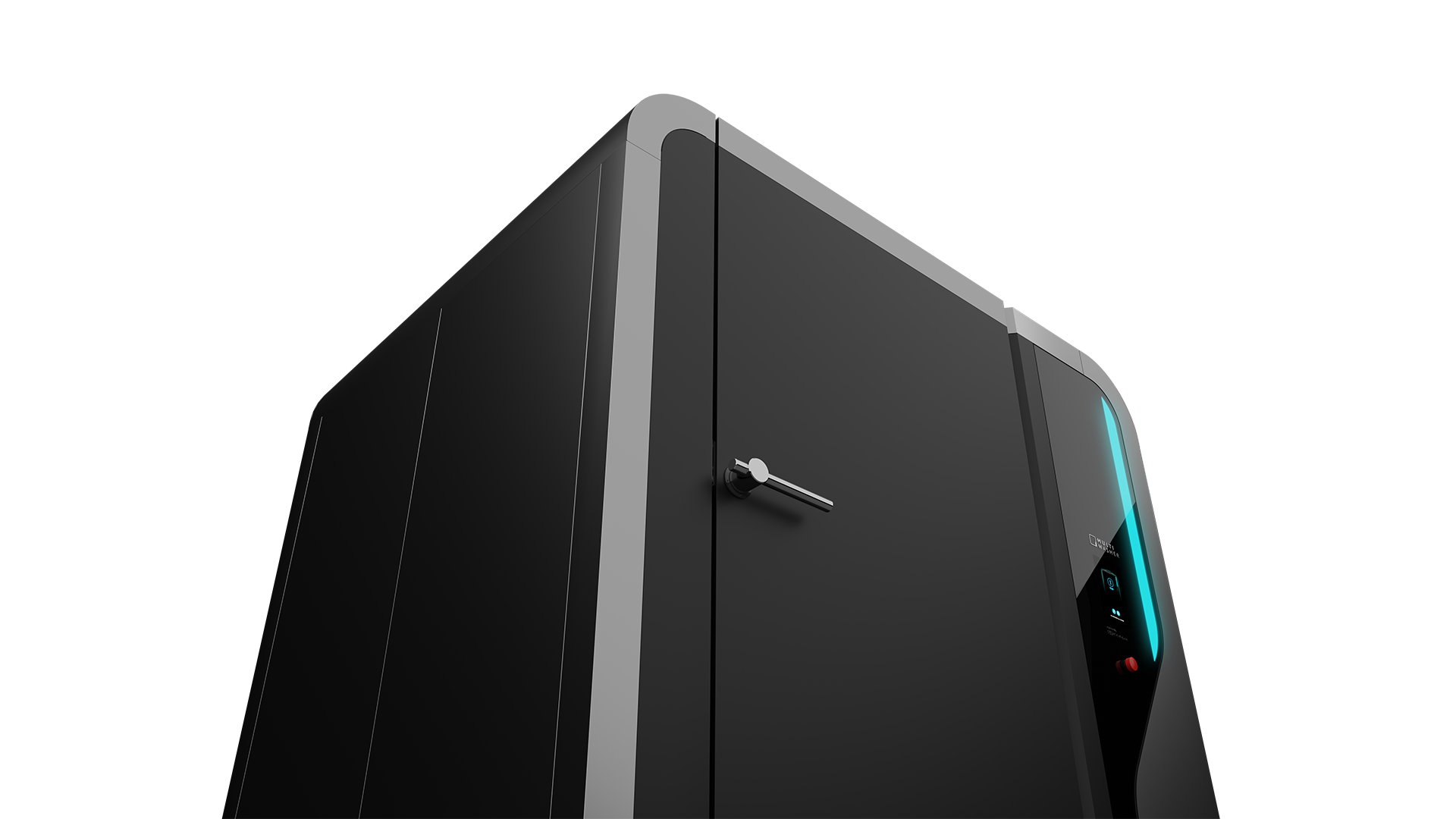
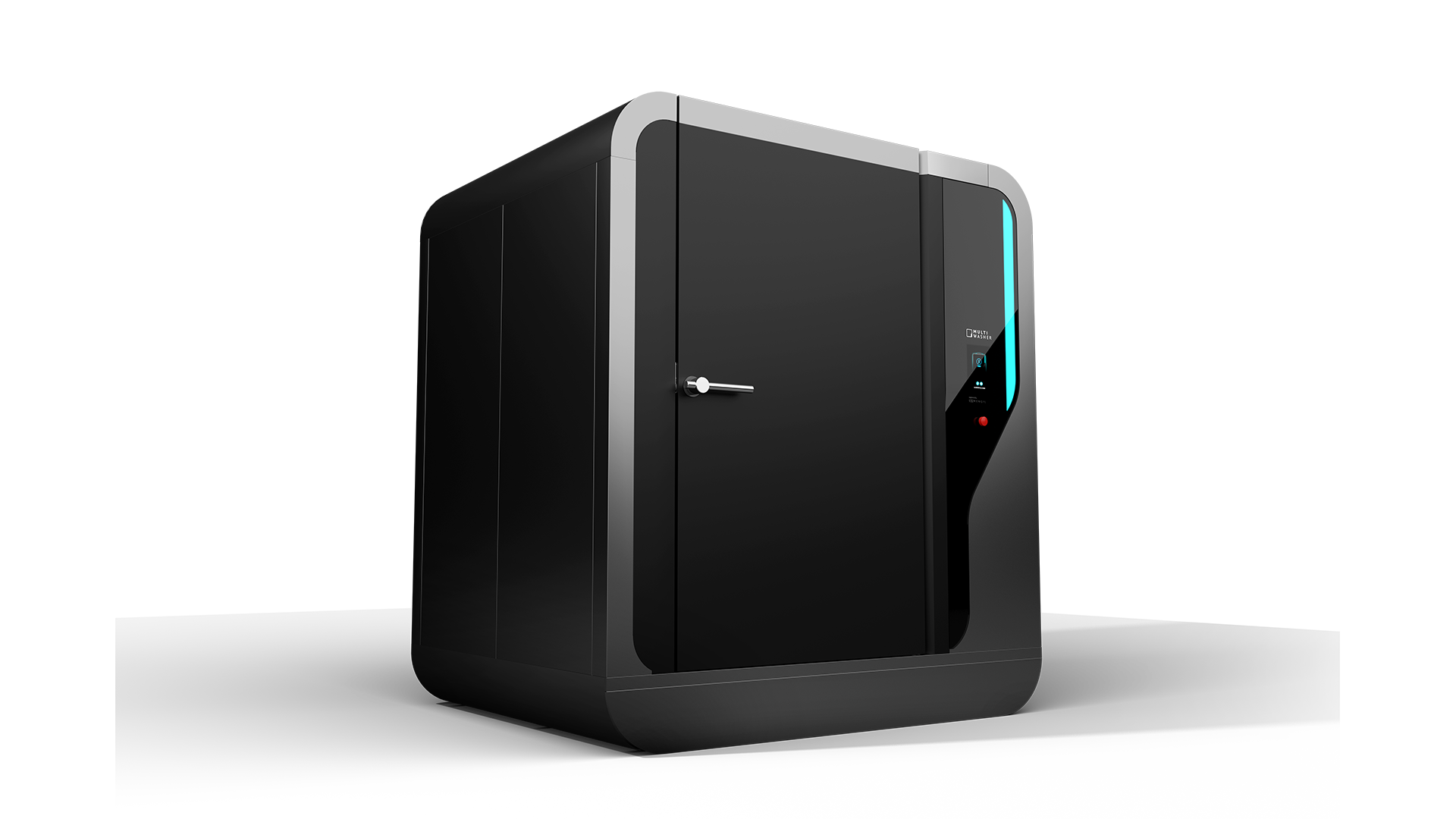
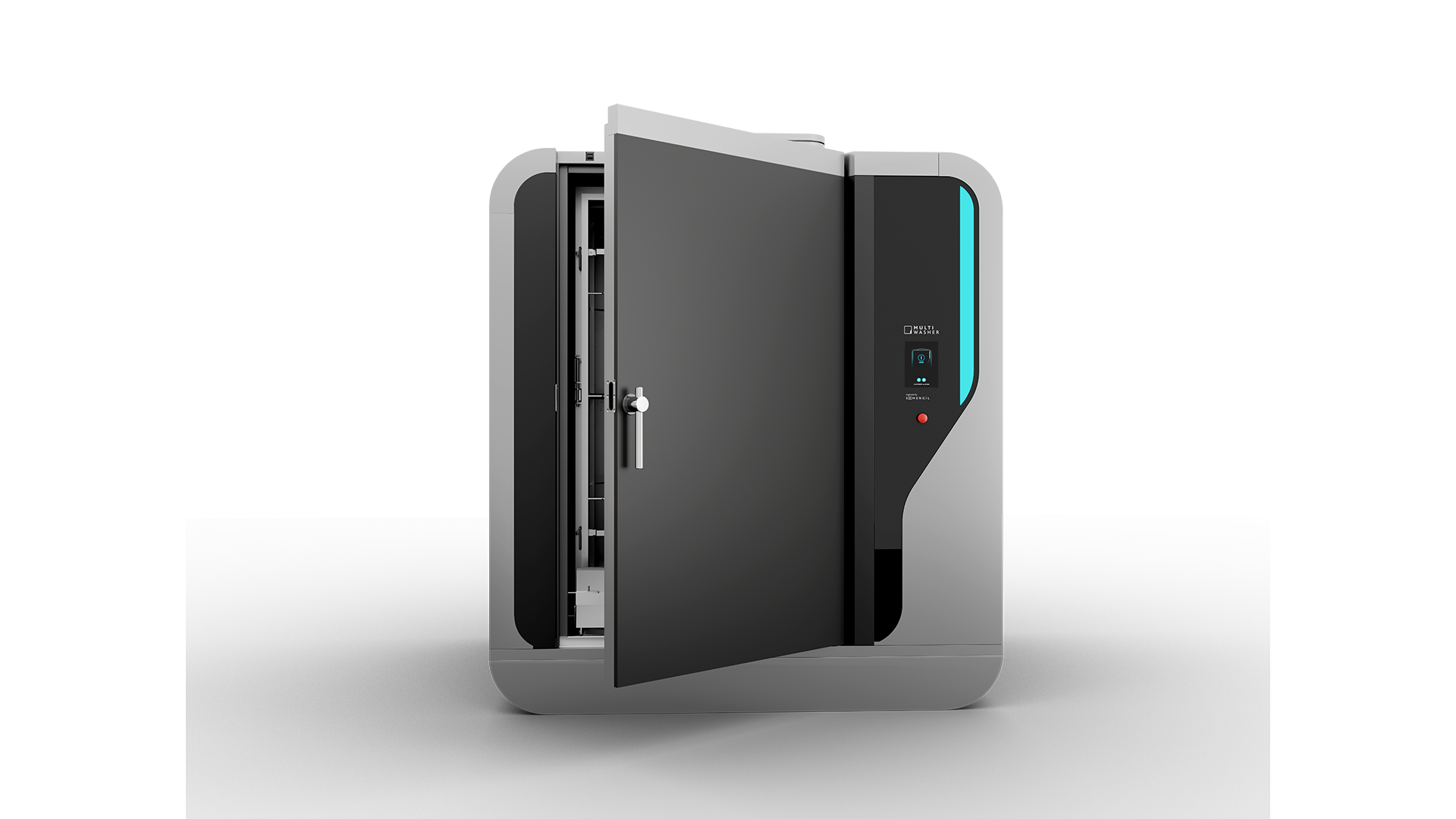
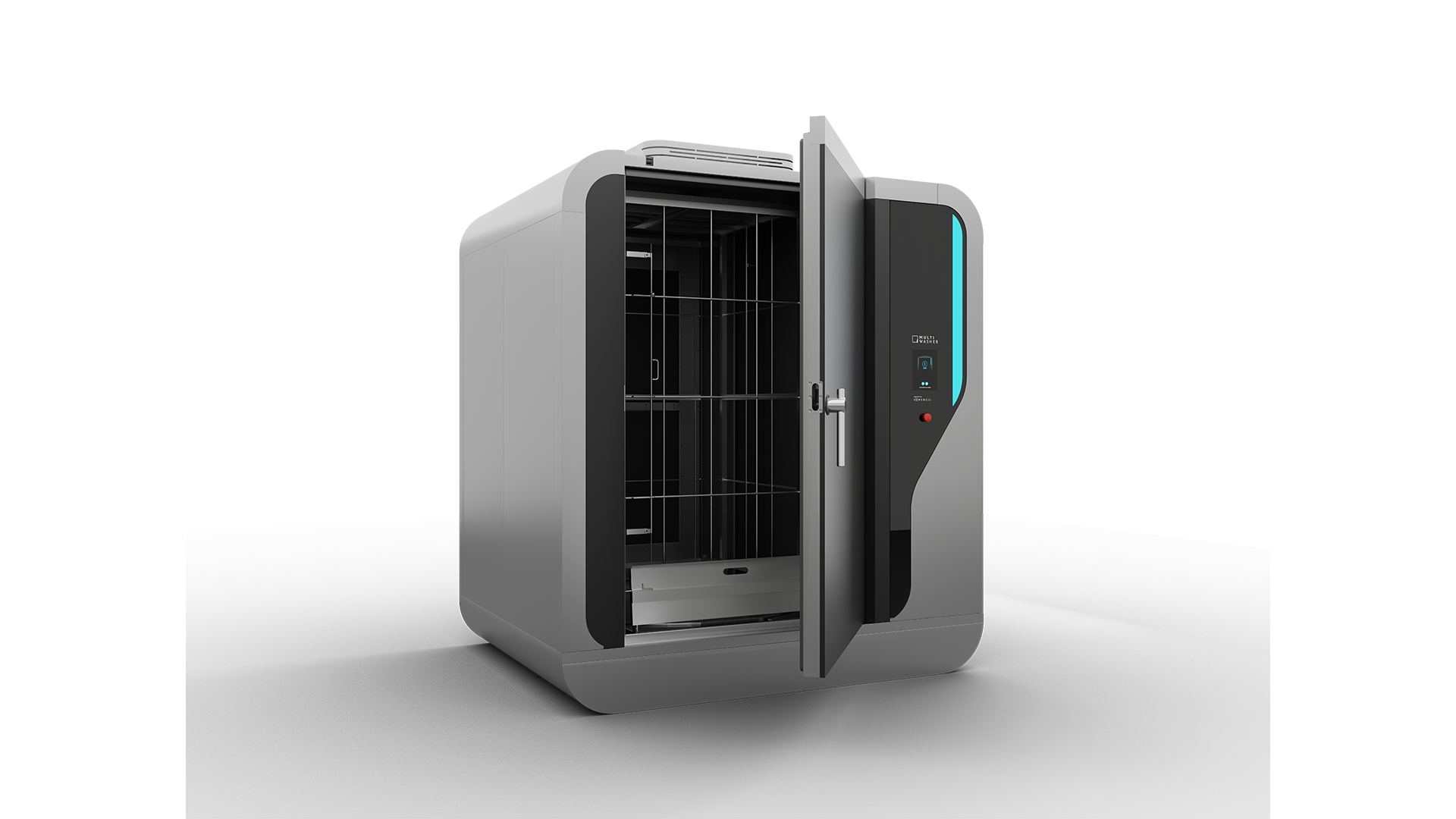
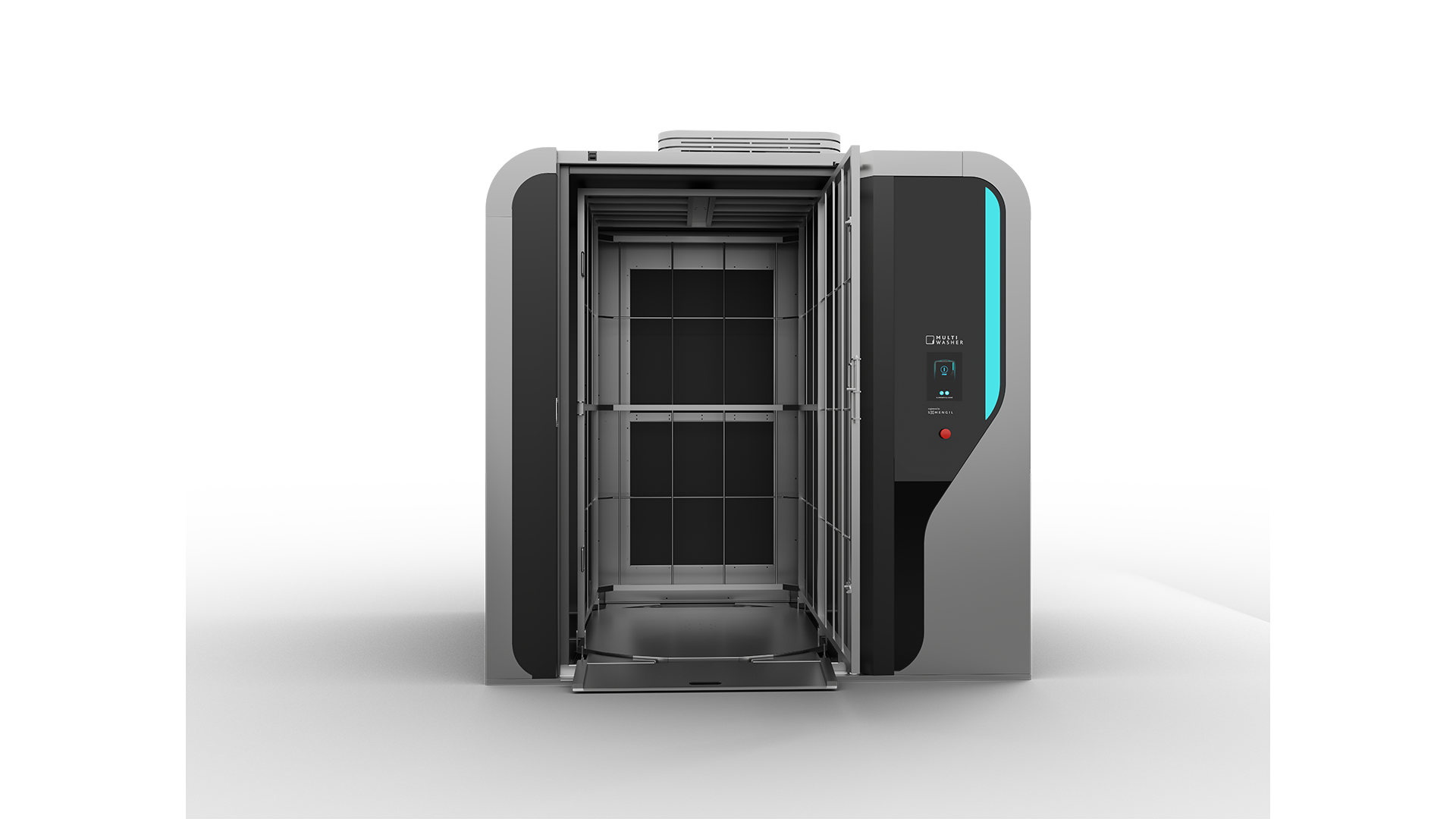
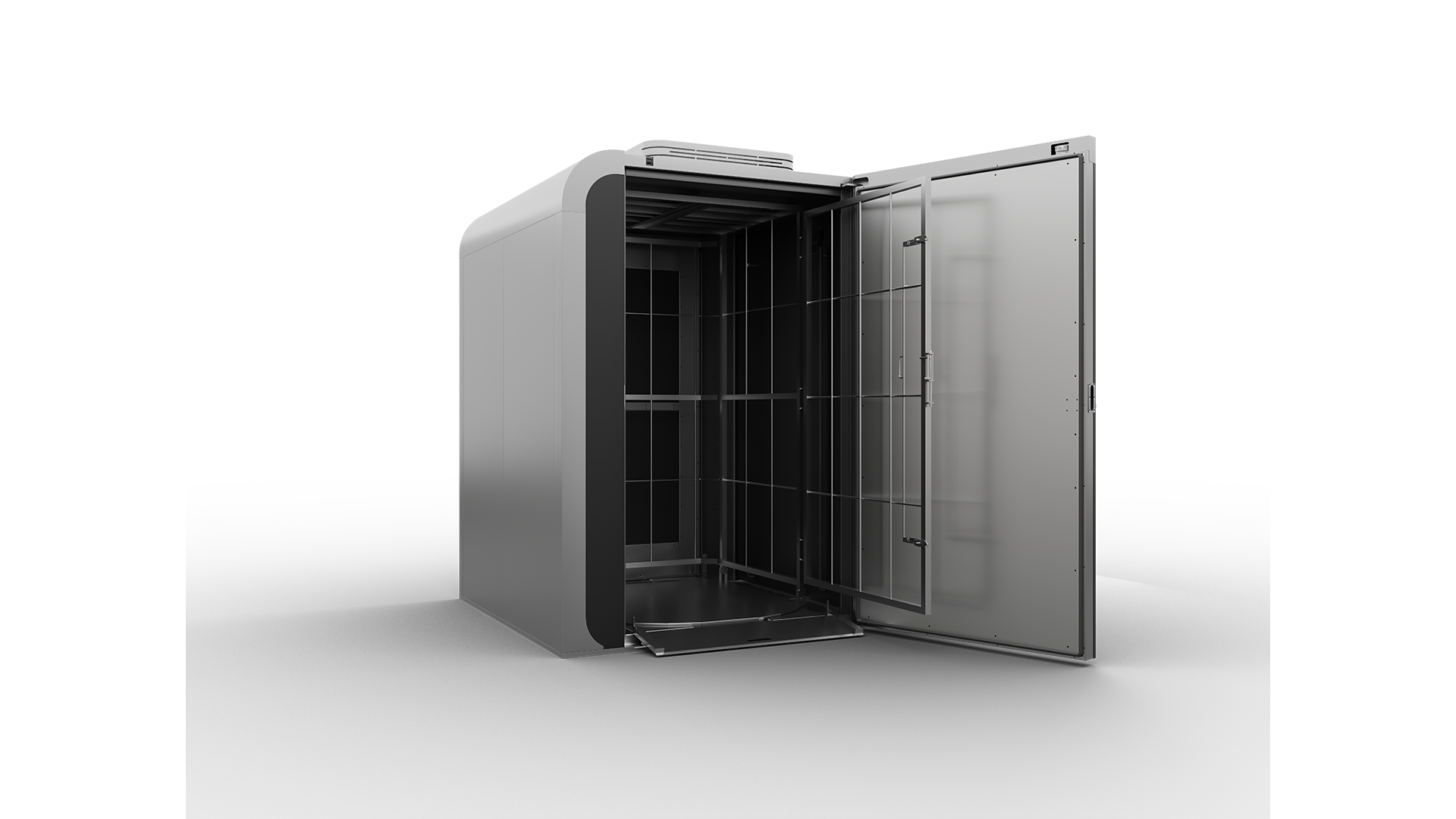
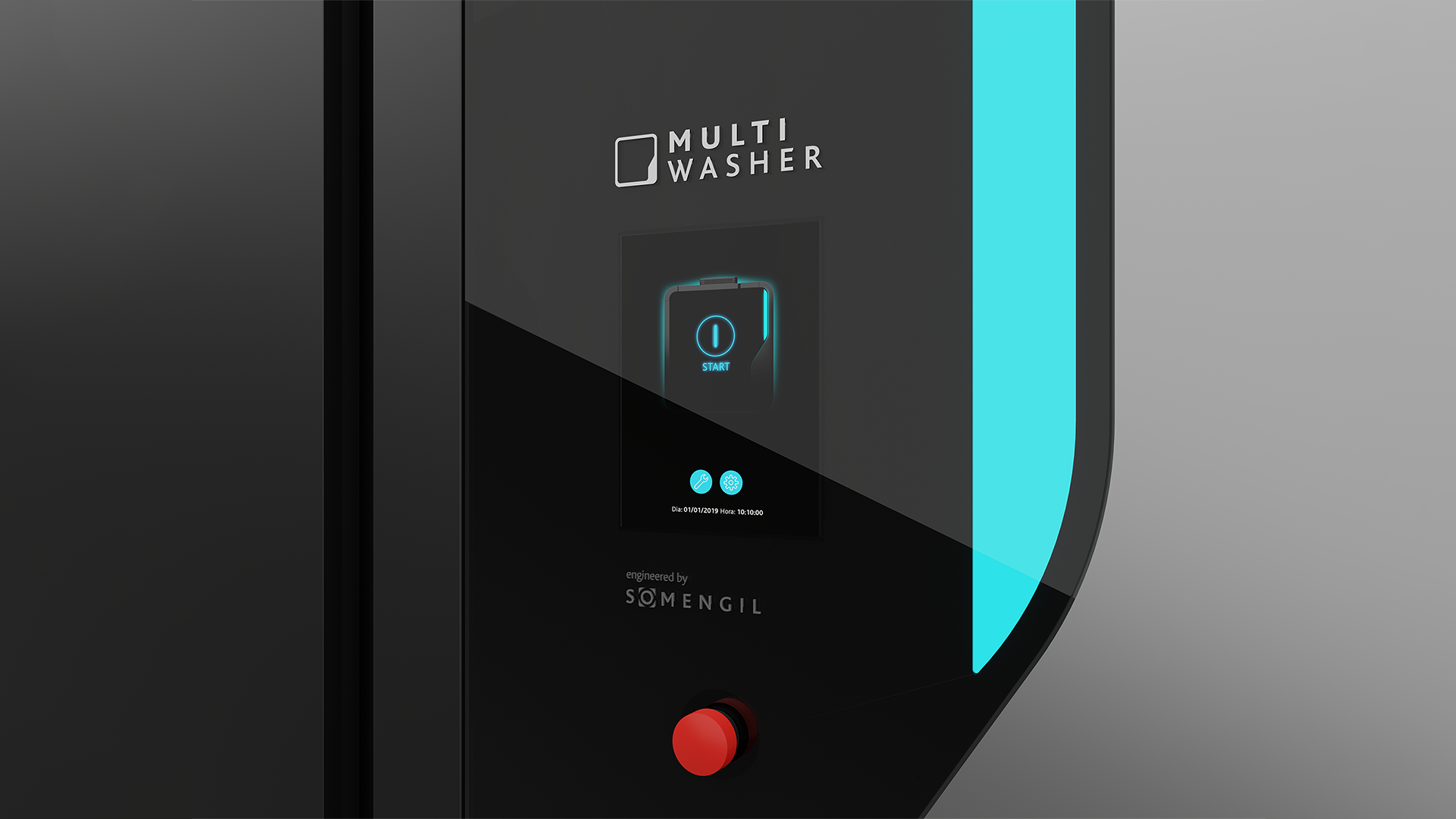
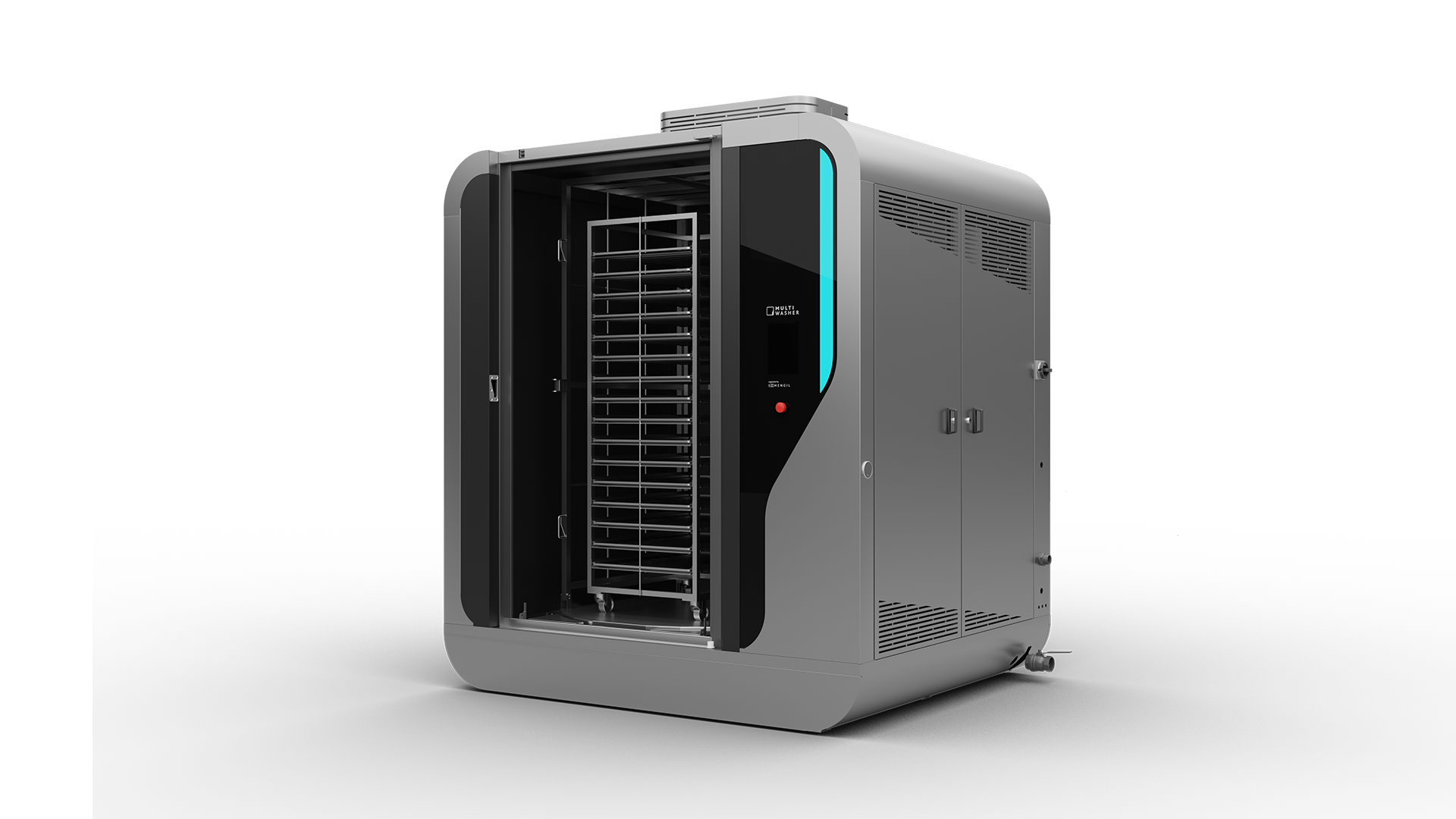
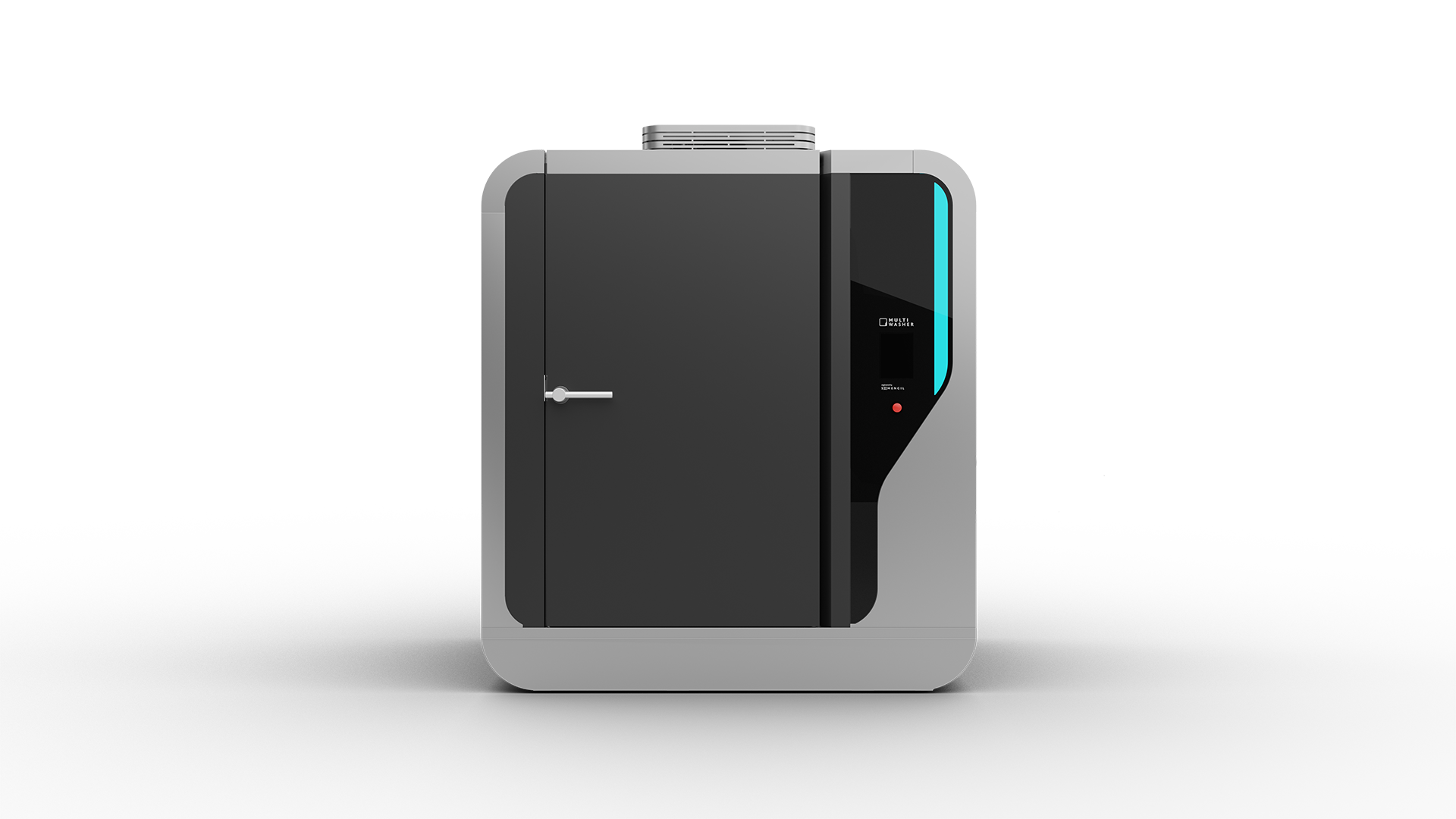

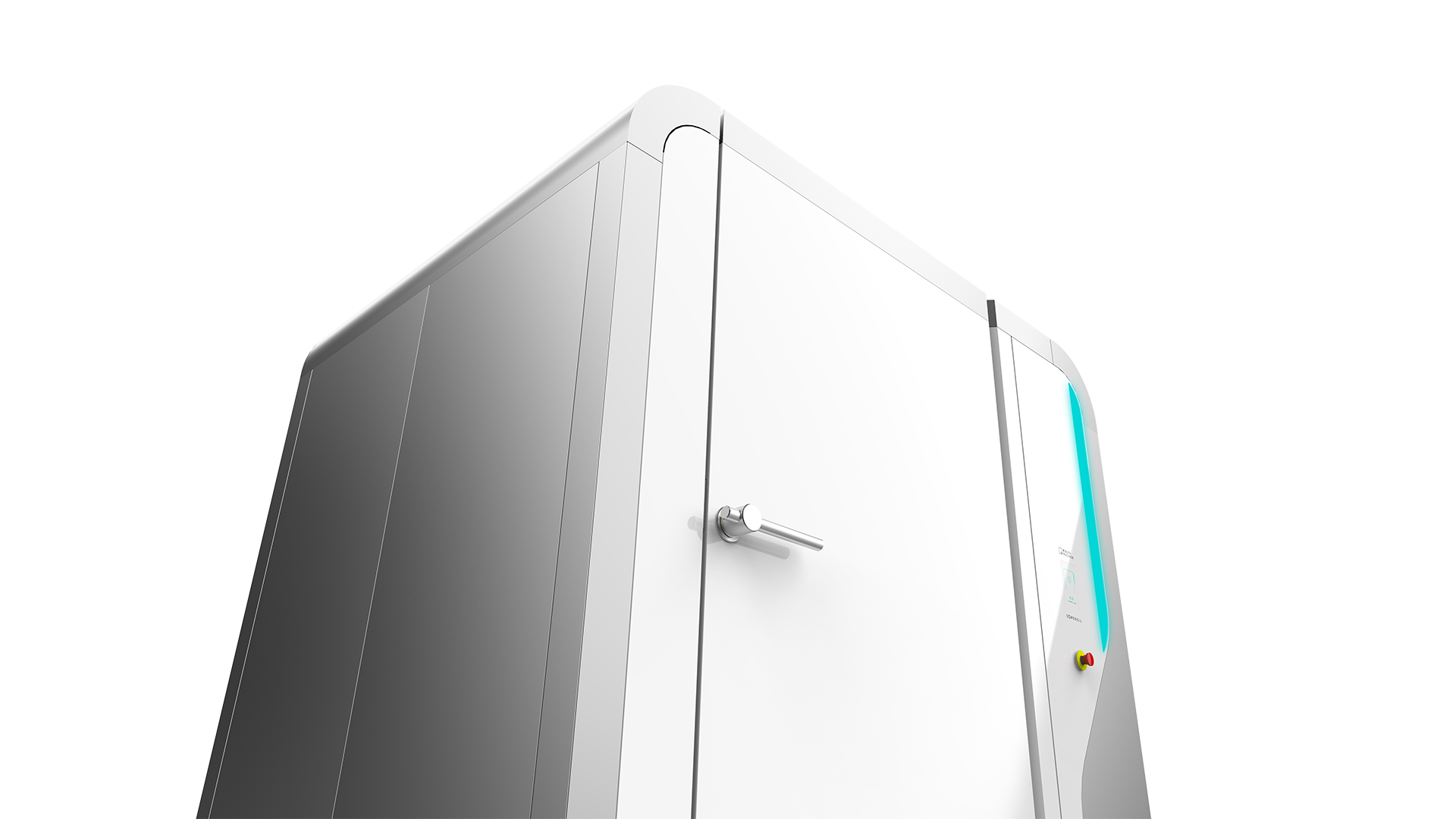
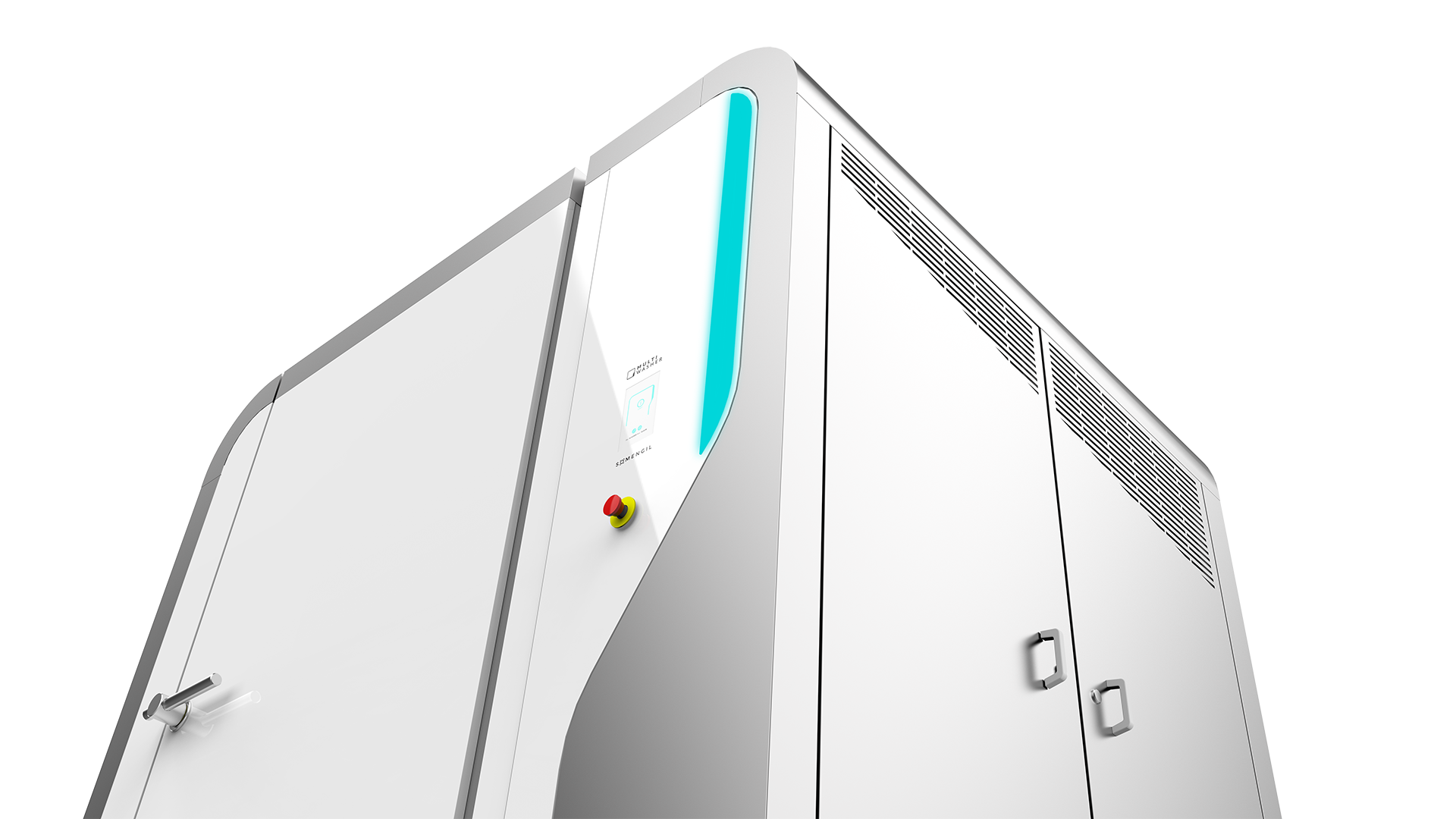
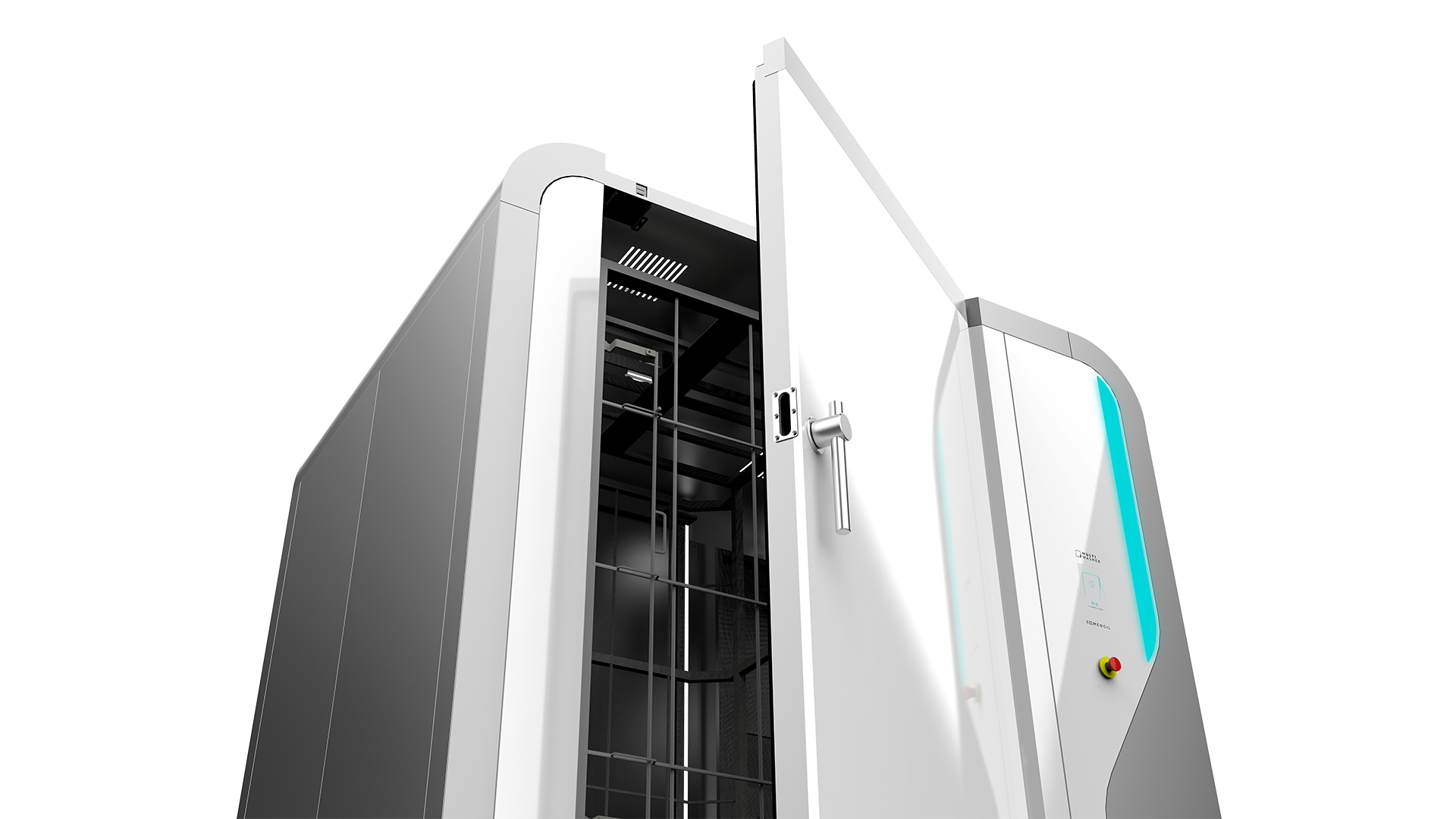
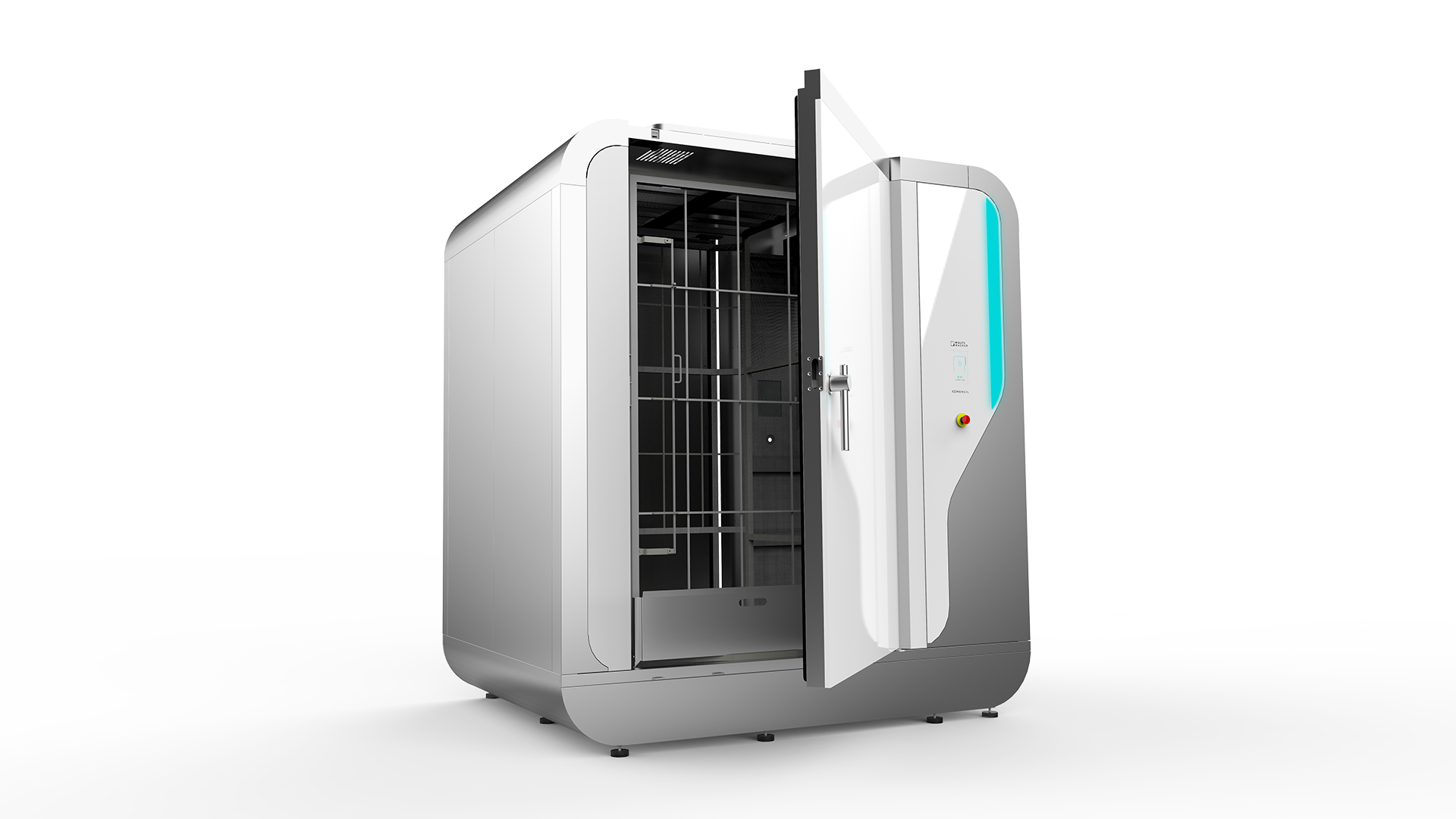
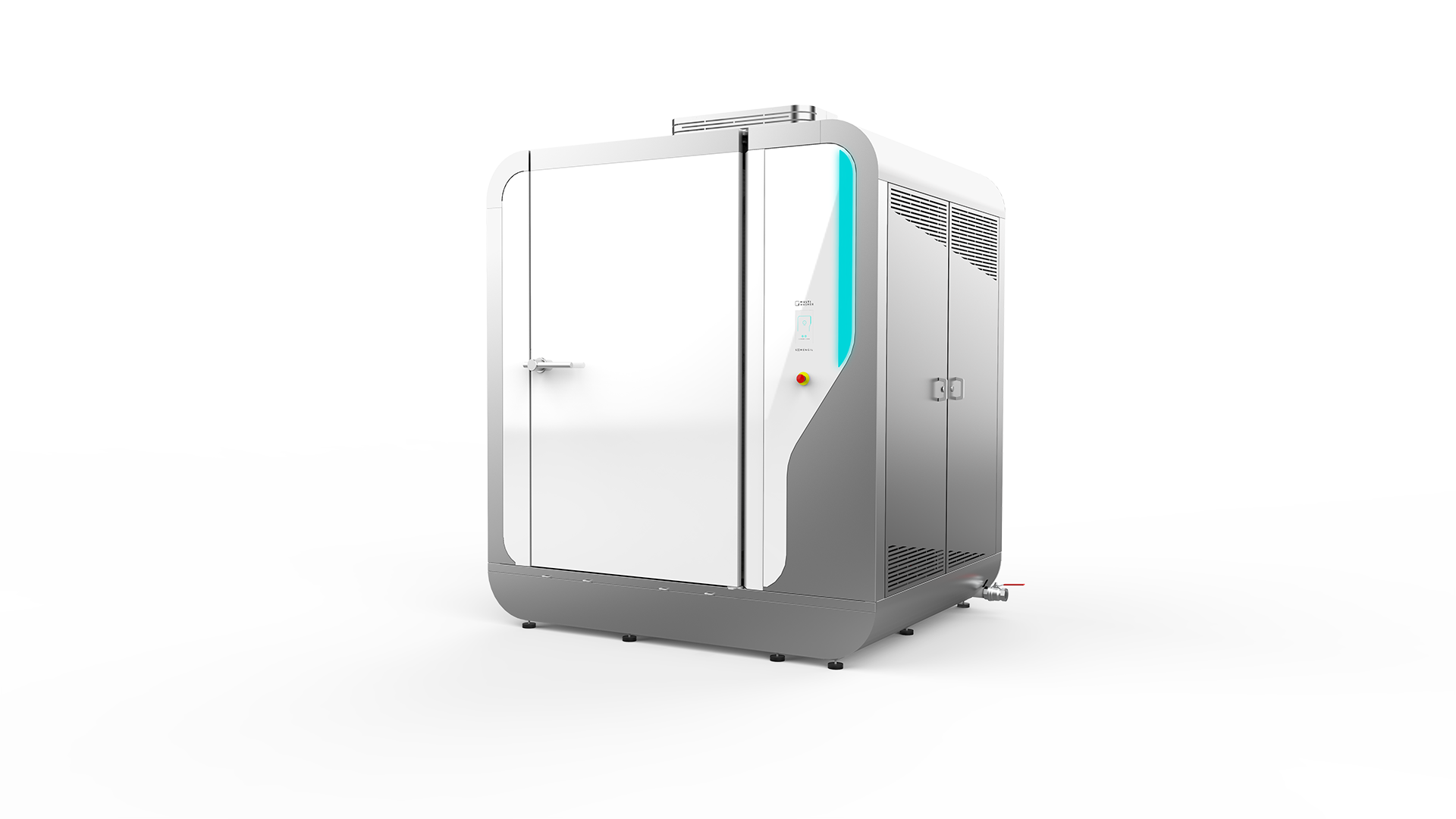
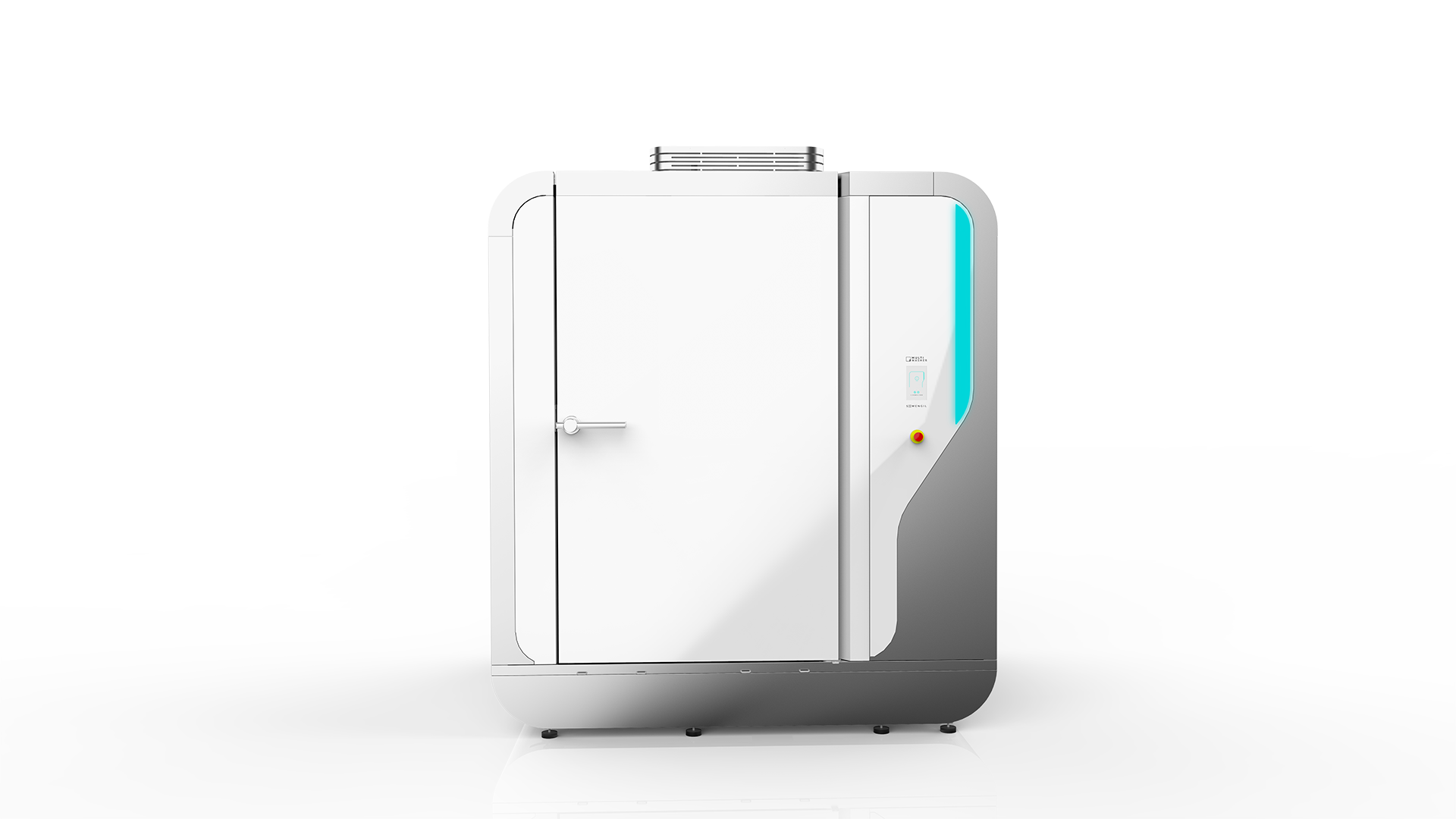
 Portugal
Portugal United Kingdom
United Kingdom United States
United States France
France Spain
Spain Germany
Germany Romania
Romania Italy
Italy Czech Republic
Czech Republic Finland
Finland Hungary
Hungary Slovakia
Slovakia Greece
Greece Lithuania
Lithuania South Korea
South Korea Russia
Russia Saudi Arabia
Saudi Arabia Poland
Poland Brasil
Brasil Hebrew
Hebrew